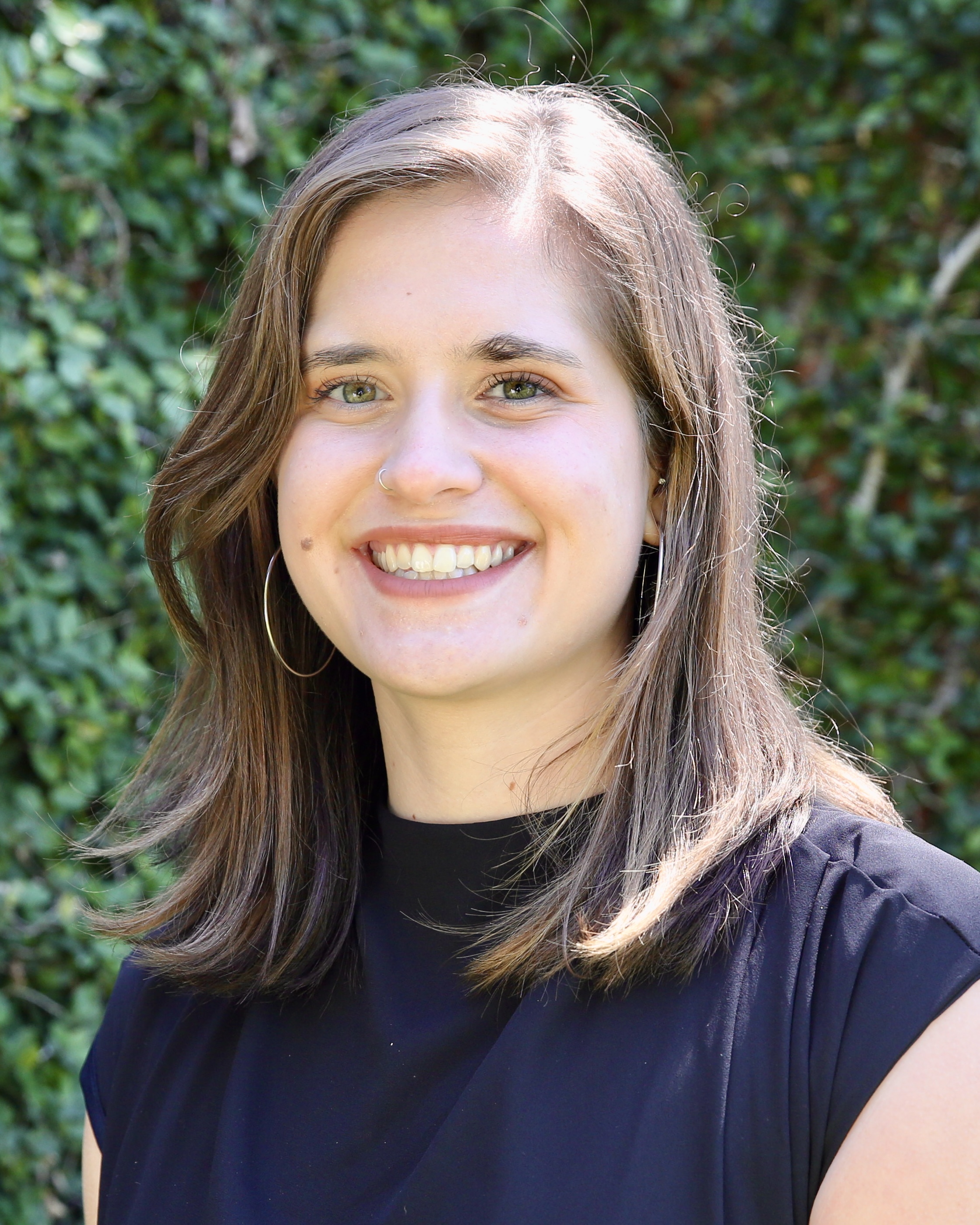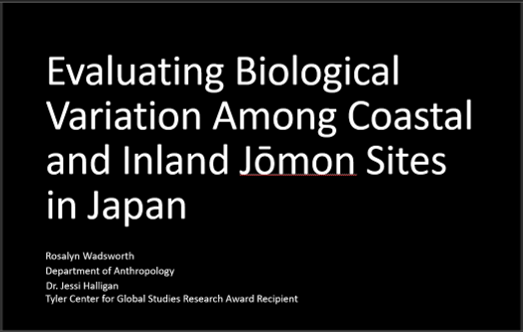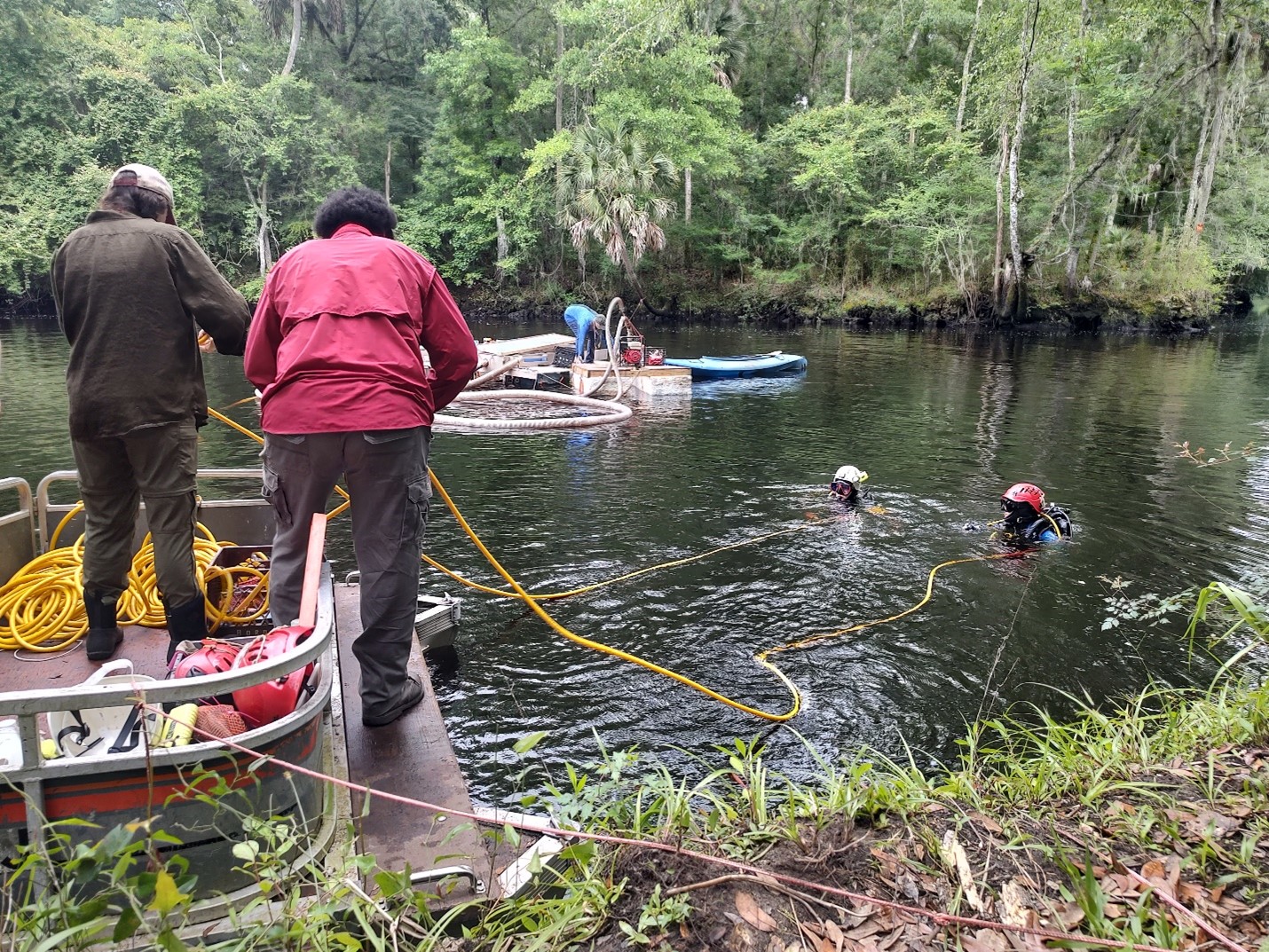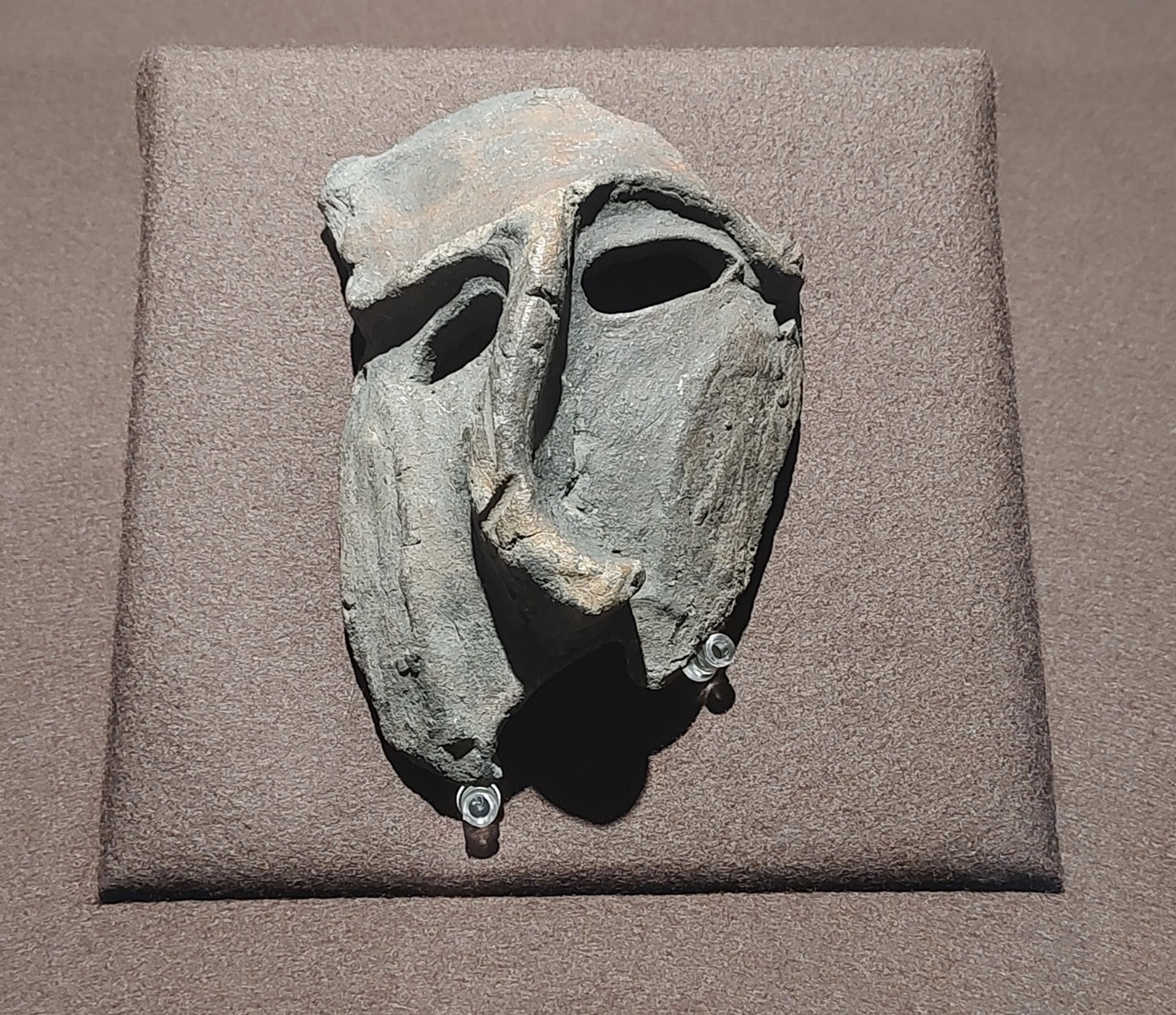President's Showcase
Rosalyn Wadsworth
Supervising Professor: Dr. Jessi Halligan
Rosalyn Wadsworth is a fourth-year student with a double major in Anthropology (Bachelor of Science) and Japanese Language and Culture (Bachelor of Arts). In addition, to her IDEA Grant project and subsequent Honors in the Major thesis, she has also been involved with other archaeological research efforts such as Dr. Jessi Halligan’s Underwater Archaeological Field School and the FSU Anthropology Native American Grave Protections and Repatriation (NAGPRA) Laboratory. Rosalyn’s involvement in research projects at FSU has played a fundamental role in her academic development and has inspired her to pursue a Ph.D. in Anthropology. In the future, she hopes to become a Professor of East Asian Archaeology.
Abstract
This project focuses on conducting a meta-analysis of Japanese populations dating from the Late Jōmon to Early Yayoi Period (2000 BCE – 100 CE) to establish if the transition from hunter-gatherer subsistence practices to agricultural practices is conspicuous in the skeletal data (Crema et al 2016). It utilizes biometric data and non-metric observations from academic sources, such as research journals and unpublished raw data stored in university archives, to clarify the nature of this transition. The research will demonstrate how, if at all, subsistence changes translate to physiological. The Jomon were an indigenous hunter-gatherer population that occupied Japan until 1000 BCE when agricultural communities (termed Yayoi) appeared in Northern Kyushu (Crema et al 2016; Barnes 2019). Three distinct narratives characterize the literature of this transition in subsistence practices: cultural diffusion, demic migration of agriculturalists from the Korean Peninsula to Japan, or the acculturation of agriculturalist practices among hunter-gatherers (Barnes 2019; Crawford 2011). Previous archaeological research has focused on regional subsistence trends from the Jōmon through the Yayoi Period, this project’s intention is to conduct a meta-analysis of the published data to describe over-arching subsistence patterns across Japan. It hypothesizes that the osteological data in Japan from the Jōmon period to Yayoi period will reflect a combination of integrating Jōmon and Yayoi populations alongside regional persistence of Jōmon subsistence practices.





